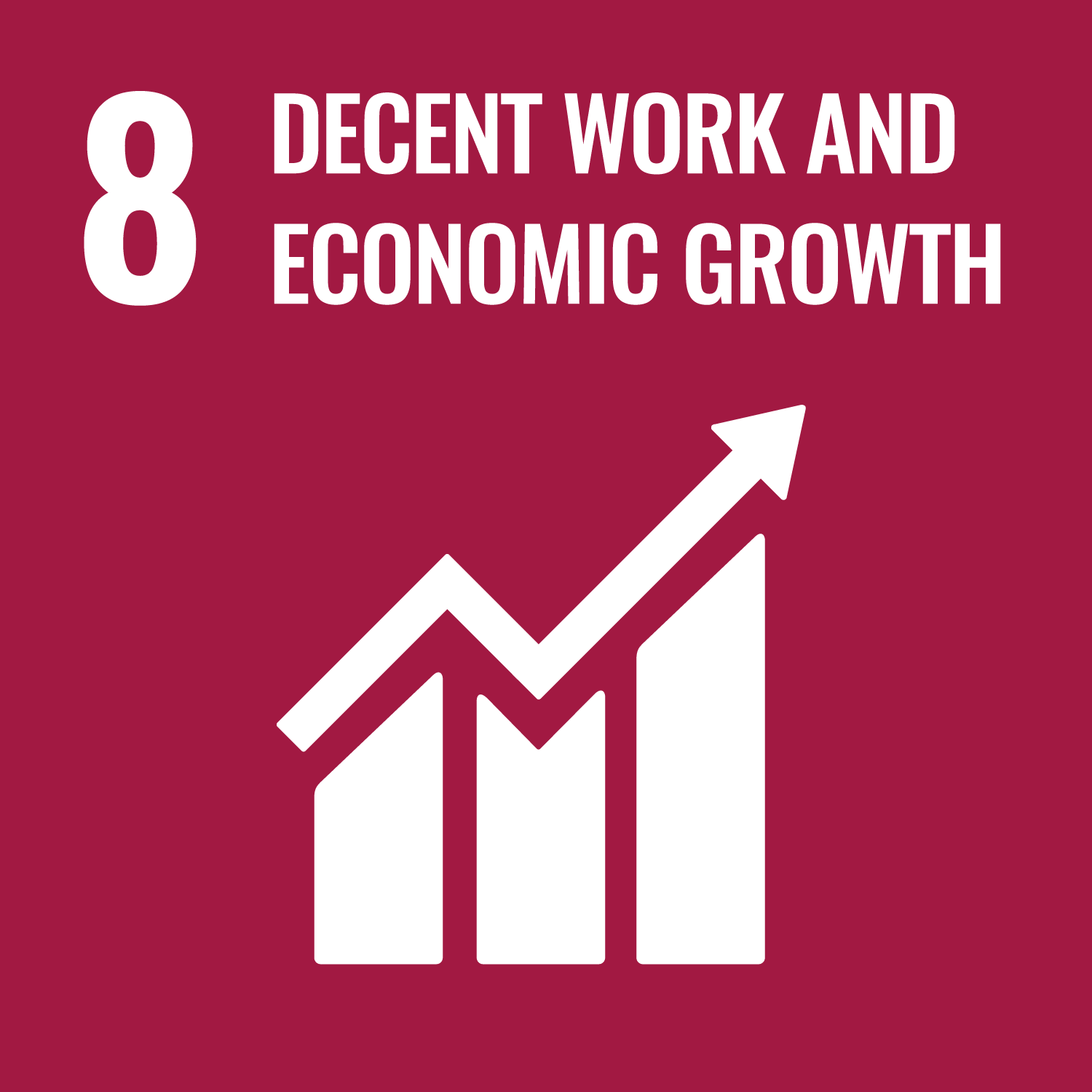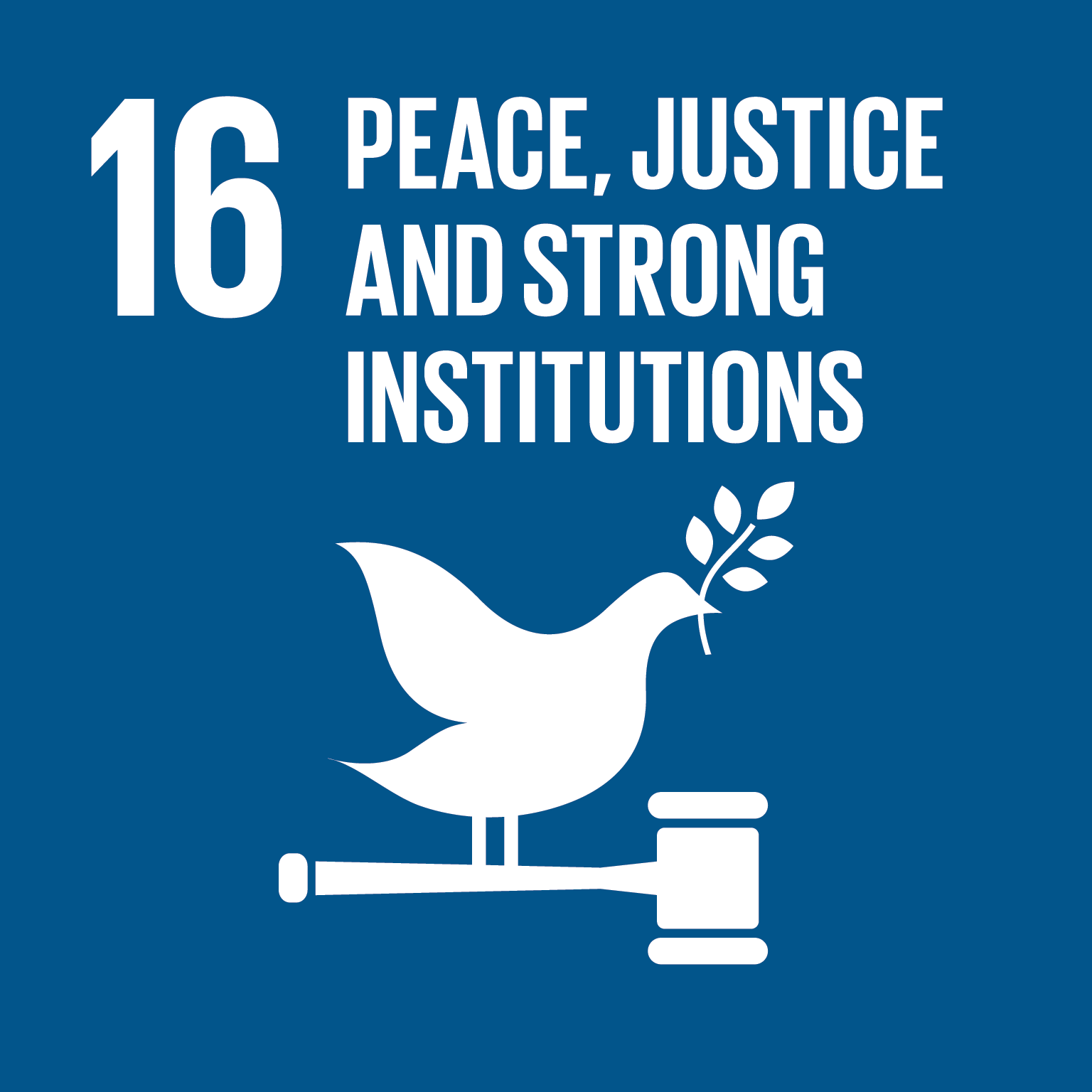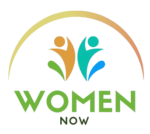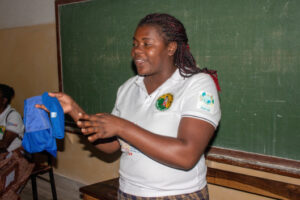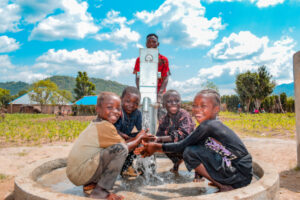WATER SANITATION AND HYGIENE (WASH)
What We Do
In Tanzania, like many other developing countries, the burden of water collection disproportionately falls on women and girls. Nearly two-thirds of households in Tanzania rely on women to collect water, and in households where children are responsible for this task, girls are twice as likely as boys to undertake it. This responsibility often requires long, arduous journeys to distant water sources, which not only consumes valuable time but also exposes women and girls to safety risks and limits their opportunities for education, income generation, and personal development.
By strategically reducing the distance to water points and locating them closer to communities and schools, Tanzania can unlock the untapped potential of an entire generation of women and girls. Easier access to water would free up time for girls to attend school regularly and complete their education, while women could engage in income-generating activities or other pursuits that contribute to their families’ well-being. This shift would empower women and girls to break the cycle of poverty, improve their health and safety, and contribute more meaningfully to their communities and the nation’s development.
Our Approach
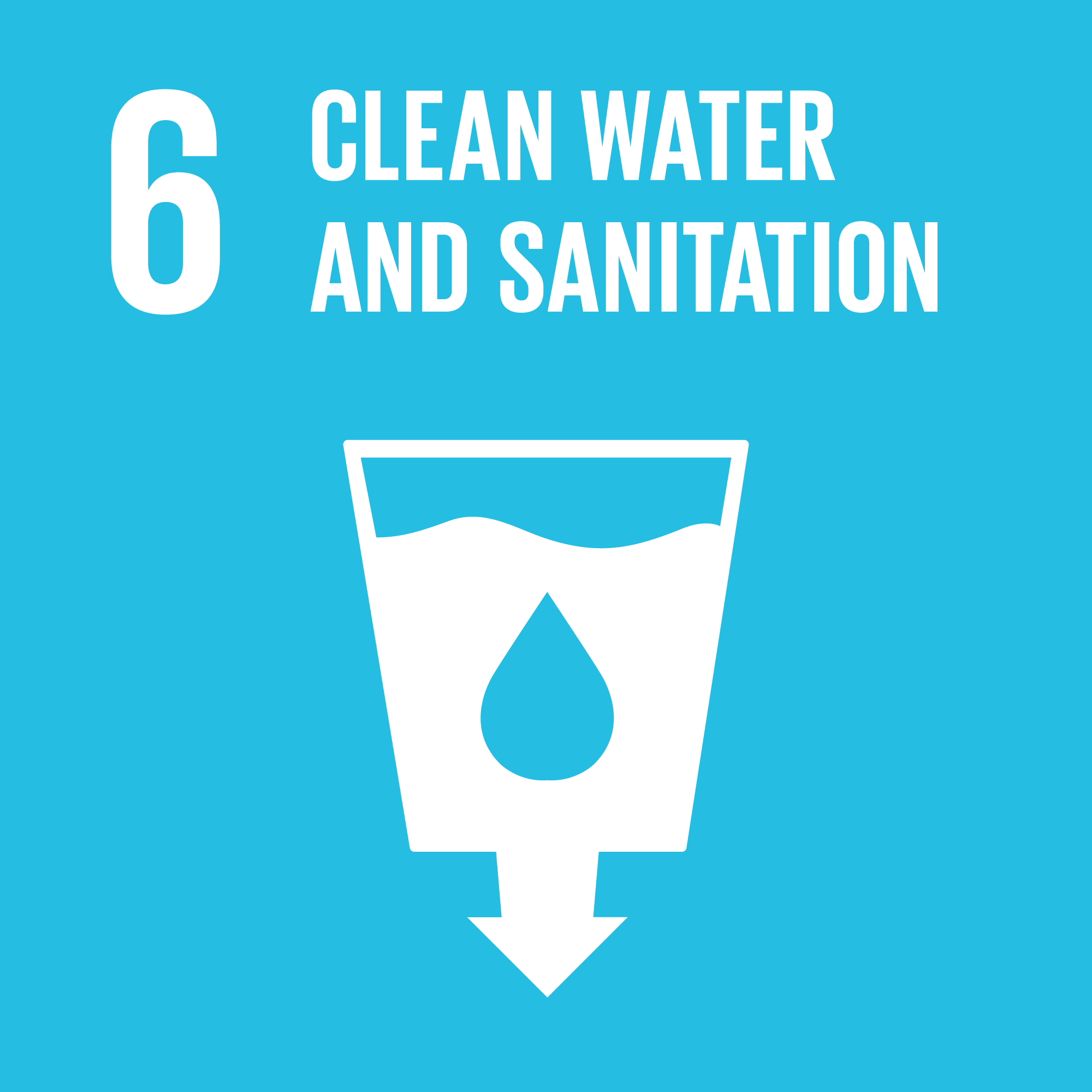
Women Now collaborate to ensure Women and their communities have access to basic water, sanitation and hygiene services, contributing to Sustainable Development Goal (SDG) Six: Ensure availability and sustainable management of water and sanitation for all.
Our Interventions include;
- Women Now Installs and maintains water Points, such as boreholes, protected wells, and rainwater harvesting systems, closer to homes and schools to reduce the time and effort women and girls spend collecting water.
- We train Women as Water Committee Members to manage and maintain water infrastructure, ensuring sustainability and fostering leadership roles.
- We Improve Sanitation Facilities by building gender-sensitive toilets that are safe and private in schools and markets to address the specific needs of women and girls including menstrual hygiene management
- Hygiene Education and Behavior Change: Focusing on Menstrual Hygiene Management (MHM), we Provide education and resources, such as reusable sanitary pads, to girls and women, and break taboos around menstruation through community dialogues.
- Through capacity building and Empowerment, Support women in starting small businesses related to WASH, such as producing and selling soap, sanitary products, or water filters.
Our Focus


